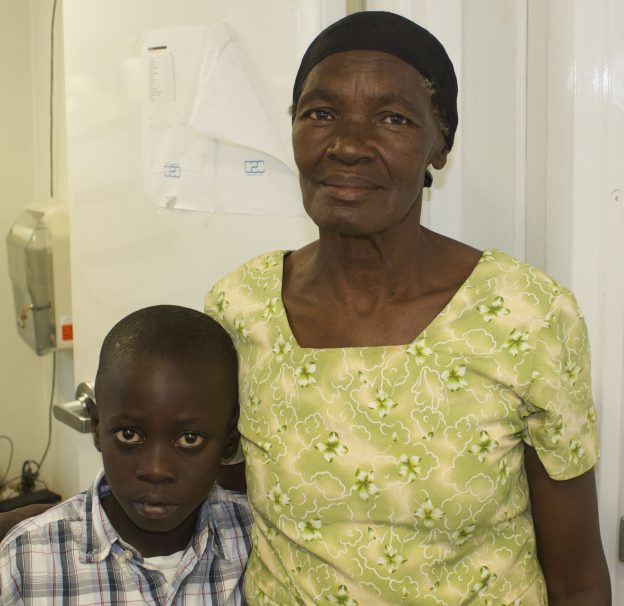As I landed in Cap-Haitien last week, the rain began to fall so hard and fast it was three inches deep in only 15 minutes. Over the next five days of traveling between Cap-Haitien and C2C’s clinic in Camp Coq, I would come to understand just how challenging transport can be during Haiti’s rainy season.
Leaving Cap Haitian in rush hour traffic is always challenging, but the heavy rain worsened things. Massive rivers of water, mud and garbage from the hills ran into the roads and created deep, irregular potholes.
City congestion eventually gave way to steep green mountains and a rushing river. As we neared C2C’s clinic in Camp Coq, I couldn’t stop thinking of how difficult it must be for our patients to travel on those roads. Most travel via local tap-taps (Haitian shared taxis) or – more likely – on the back of a tiny motorcycle. Transportation is expensive, and distances to other medical facilities can be quite long.
When we arrived, the waiting room was busy with women, small children and older men waiting to be seen. C2C’s head nurse, Herlande Duvot, stopped to greet us before quickly returning to treating patients, prescribing medications from the pharmacy and sending for results from the on-site laboratory.
I met an older woman who had come in with her 11-year-old grandson (pictured above). He had been sick for many weeks, and was dehydrated and in pain. He was seen quickly by Nurse Duvot and sent to the lab for diagnostic tests. I felt confident that the lab tech and nurse had the tools and medication they needed to treat this young boy properly.
I felt proud that the C2C clinic is in the community – providing access to quality health care, laboratory, and pharmacy without an expensive, treacherous motorcycle ride through the rain and mud. Talking with this grandmother made it clear to me that we are making an enormous difference in her life and the lives of others in Camp Coq.
